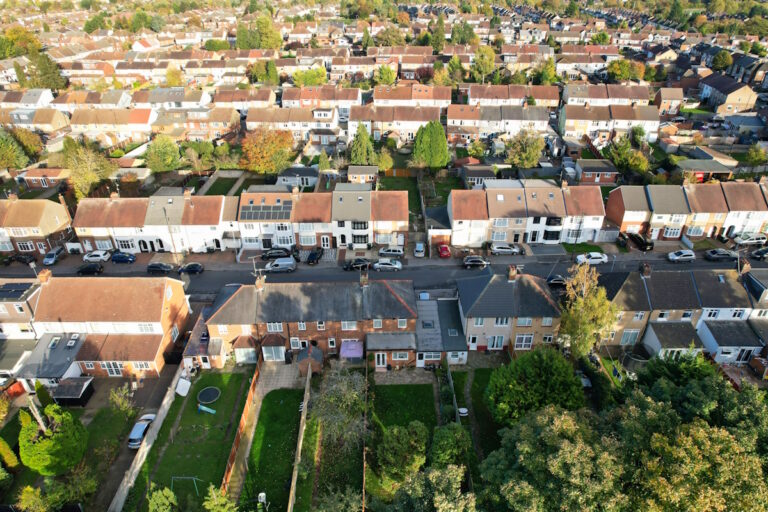Introduction
When it comes to the diverse landscape of housing options in England, housing associations play a vital role. These organisations are dedicated to providing homes and support for nearly six million people across the country. Their mission extends beyond just offering shelter; they also invest in community services, regeneration, support for vulnerable individuals, and the creation of various housing solutions to meet the diverse needs of the population. In this article, we’ll dive into the world of housing associations, exploring what they do and how they contribute to the housing ecosystem.
The Multifaceted Role of Housing Associations
1. Social Homes: One of the primary functions of housing associations is to provide social homes. These are typically offered to individuals and families with lower incomes, ensuring they have access to affordable and secure housing. Social rented homes are often available at approximately 50% of the local market rent, while affordable rented homes are set at around 80% of the local market rent. These homes are a cornerstone of housing associations’ commitment to addressing housing inequality.
2. Shared Ownership Homes: Housing associations also facilitate shared ownership, a more affordable way for individuals to become homeowners. With shared ownership, buyers acquire a percentage of the property, typically ranging from 25% to 75%, and pay reduced rent on the remaining portion to the housing association. This approach significantly reduces the upfront deposit and mortgage burden, enabling more people to take their first steps onto the property ladder.
3. Supported and Specialist Housing: Recognising the unique needs of certain groups, housing associations provide supported and specialist housing. These homes are tailored to help older individuals and those who require additional support to maintain independent living. Examples include homes with facilities for individuals with mobility challenges, residences where housing associations offer care and support services, and specialised services like domestic abuse shelters and homeless hostels. Housing associations are at the forefront of providing these essential services, with over 300,000 homes for older people and more than 115,000 homes for those in need of extra support.
4. Market Homes: Housing associations are not limited to affordable housing; they also offer quality homes for rent or purchase at market rates. What sets them apart is their commitment to reinvesting all proceeds from the rent and sale of these homes back into fulfilling their social purpose. This can mean building more social and affordable homes or making significant investments in local communities.
5. Building New Homes: To address the ongoing housing shortage, housing associations actively engage in building new homes for communities throughout England. In the fiscal year 2018/19, they constructed more than 45,000 homes, accounting for nearly one-third of all new homes in the country. This included over 5,000 homes for social rent, over 19,000 homes for affordable rent, and more than 14,000 homes for shared ownership. To achieve this, they often invest their own funds in addition to government funding. However, the demand for new homes remains substantial, with England requiring 340,000 new homes annually, including 145,000 social and affordable homes. Housing associations are calling for increased government investment to meet this demand.
6. Community Services and Regeneration: Beyond housing, housing associations are deeply committed to the communities they serve. They run various services, such as training and advisory programs, apprenticeships, youth initiatives, and community hubs, designed to empower and uplift local residents. Additionally, housing associations invest in regenerating poor-quality housing and work closely with partners like local authorities and community members to create thriving, vibrant neighbourhoods where people want to live.
Investing for Social Impact
A defining characteristic of housing associations is their not-for-profit status. Unlike commercial entities, their primary goal is not to generate profits for shareholders. Instead, they reinvest every bit of income into fulfilling their social purpose. This includes building new affordable homes, enhancing the safety and quality of existing properties, operating community services, and providing care and support for older individuals and those in need.
For every pound of government investment, housing associations contribute six pounds of their own capital to develop new affordable homes. This underscores their unwavering commitment to expanding housing opportunities and supporting communities across England.
Conclusion
In conclusion, housing associations are pivotal players in the complex tapestry of the UK’s housing sector. They serve as a cornerstone for addressing housing inequality, offering various housing options to meet the diverse needs of the population. Their dedication to social impact and community betterment distinguishes them as vital contributors to the ongoing quest for affordable, secure, and inclusive housing solutions.
If you’re considering your housing options or need expert guidance on navigating the real estate landscape, don’t hesitate to reach out to Michael Anthony. With our extensive knowledge of the local property market and a passion for helping you find the perfect home, we are here to assist you in every step of your homeownership journey. Your comfort, satisfaction, and securing the ideal home are our top priorities. Contact Michael Anthony today to embark on your path to finding the perfect home.
